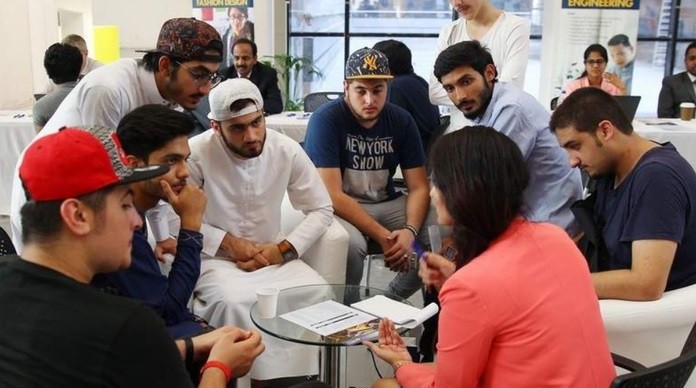15/04/2024
15/04/2024

BEIRUT, April 15: Up to 27.6 percent of the youth in the Arab region are unemployed, amid defects in the educational and skill-enhancing systems. Dr. Ruba Jaradat, the regional director of the International Labor Organization, said in an interview with KUNA that the young citizens in the Arab countries account for more than 14 percent of the whole workforce, with mounting joblessness rates scoring 27.6 percent in 2023, four times higher than the unemployment among adults aged above 25 years.
Insufficient teaching and skill-boosting systems in the Arab region contribute to the rise of unemployment and deepen the gap between the graduates' skills and those required by the labor market, thus obstructing the youngsters' employment and weakening the economies. Shedding further light on the gap, she mentioned the educational institutions' failure to consider the employment market needs, leading to large numbers of youth whose skills do not match those that are warranted.
Moreover, these institutions largely focus on conventional practices, with emphasis on public certificates, rather than practical knowledge, and the graduates lack personal skills such as collective communication, critical thinking, and coping capacities. Furthermore, they have not sufficiently coped with the demand rise for digital skills and rapid technological advancement, thus creating more complications for youth employment. S
he called for overhauling the educational systems and curricula in the Arab world and allowing employers to have a role in making the teaching curricula to ensure that the graduates enter the work market with sufficient capabilities In her recipes, rigid memorization must be shunned, the curricula must include teaching personal, digital and green skills.
"In our assessment, the work horizons remain worrying in the region," amid the rise of unemployment among the women and youth, she added. On her part, Dr. Maysoun Shehab, the head of the educational department at UNESCO in Beirut, has affirmed that the compatibility of education with the market needs has proven effective in trimming joblessness. She proposed that education be largely shifted to the virtual world.
Dr. Salim Araji, the director of the future labor market at the ESCWA, the United Nations Economic and Social Commission for West Asia, has affirmed the lack of harmony between the largely theoretical teaching curricula and the practical market needs. However, he has indicated that the future status of the labor market in the Arab region largely hinges on various factors, such as economic and political conditions and the extent of success in the efforts to diversify the economies.
He has stressed on the need for attaining sustainable economic development and sound usage of the abundant human resources to attain comprehensive and sustainable economic growth. The ILO issued a report in February noting that 17.5 million people in the Arab countries cannot find a job.


